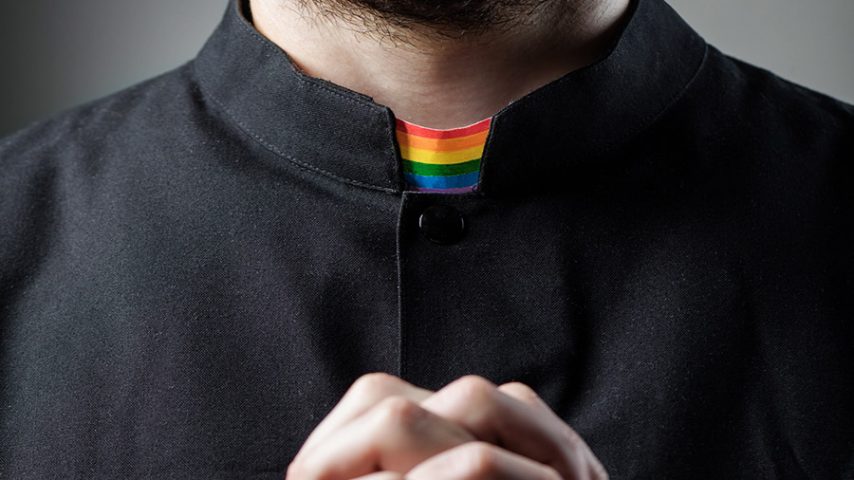In Light of Perverted Priest Problem, Cardinal Baldiserri’s ‘LGBT’ Language is Terrible Timing

Dear Troubled Catholics – a Letter From Ralph Martin About the Church’s Current Crisis
August 1, 2018
What is a Sacramental?
August 1, 2018


 We might as well call it the Perverted Priest Problem. Some men of homosexual inclinations are using their place within the Catholic Church to gratify themselves sexually. More disgusting than Cardinal McCarrick’s behavior is the widespread network of prelates who must have been covering for him. But even these men aren’t the whole story.
We might as well call it the Perverted Priest Problem. Some men of homosexual inclinations are using their place within the Catholic Church to gratify themselves sexually. More disgusting than Cardinal McCarrick’s behavior is the widespread network of prelates who must have been covering for him. But even these men aren’t the whole story.Jennifer Roback Morse, Ph.D., is the founder and President of the Ruth Institute. Dr. Morse brings a unique voice to discussions of love, marriage, sexuality and the family.
A committed career woman before having children, she earned a doctorate in economics, and spent 15 years teaching at Yale University and George Mason University. In 1991, she and her husband adopted a two-year-old Romanian boy, and gave birth to a baby girl. She left her full-time university teaching post in 1996 to move with her family to California. She was a Research Fellow at Stanford University’s Hoover Institution, and at the Acton Institute for the Study of Religion and Liberty.
Until August 2006, Dr. Morse and her husband were foster parents for San Diego County. In the summer of 2008, Dr. Morse founded the Ruth Institute, a non-profit educational organization dedicated to bringing hope and encouragement for life-long married love.
Pope John Paul II at old Yankee Stadium, New York City, October 4, 1979... This work is from the U.S. News & World Report collection at the Library of Congress. According to the library, there are no known copyright restrictions on the use of this work. This photograph is a work for hire created between 1952 and 1986 by staff photographers at U.S. News & World Report: